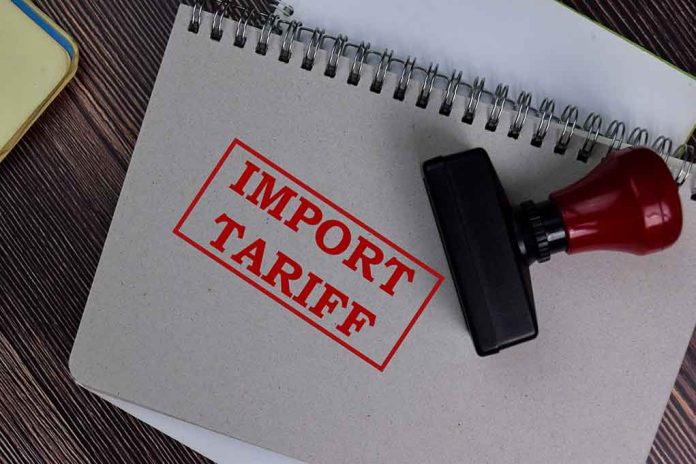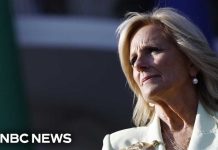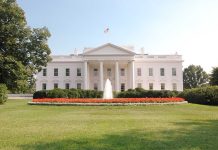
President-elect Donald Trump announces plan for External Revenue Service to enforce tariffs and boost U.S. manufacturing, sparking debate on economic impact.
At a Glance
- Trump proposes new External Revenue Service to implement tariffs on imports
- Tariffs aimed at reviving U.S. manufacturing and reducing trade deficits
- Plan includes tariffs ranging from 10% to 60% on imports from various countries
- Critics warn of potential price increases for American consumers
- Proposal part of broader economic strategy including tax cuts and deregulation
Trump’s Vision for a New Tariff Enforcement Agency
President-elect Donald Trump has unveiled a bold plan to create the External Revenue Service, a new government agency tasked with enforcing tariffs on imports. This initiative aims to revitalize the U.S. manufacturing sector by making foreign goods more expensive and driving demand for American-made products.
Trump’s proposal includes imposing tariffs ranging from 10% to 20% on all imports to the United States. The plan goes further for specific countries, with tariffs of up to 25% on products from Mexico and Canada, and as high as 60% on imports from China. These measures are part of a comprehensive strategy that intertwines tariff enforcement with broader tax and regulatory changes.
🚨President Donald J. Trump just announced the External Revenue Service. pic.twitter.com/alj3wTPrYW
— Benny Johnson (@bennyjohnson) January 14, 2025
Leveraging Tariffs in Trade Negotiations
A key aspect of Trump’s plan is to use tariffs as leverage in foreign trade negotiations, particularly with countries that have large trade surpluses with the U.S. like China. The president-elect intends to link increased China tariffs to upcoming tax reform negotiations in 2025. This approach aims to address trade imbalances and stimulate job growth in the manufacturing sector.
“The way that President Trump looks at tariffs are not in isolation. They are a fundamental and core part of his broader economic strategy, which also includes tax cuts, deregulation, energy diversity,” said former Trump official Kelly Ann Shaw.
Trump has also suggested imposing tariffs on Canada and Mexico to address drug smuggling and illegal immigration issues. He argues that this approach will ensure these entities pay their “fair share.”
Shifting Revenue Collection from Citizens to Foreign Entities
The External Revenue Service represents a significant shift from the current system where U.S. Customs and Border Protection collects tariffs. Trump has criticized the Internal Revenue Service (IRS) and emphasized reducing reliance on taxing American citizens. This approach aligns with Trump’s broader economic philosophy of prioritizing American interests in international trade relations.
Potential Economic Impacts and Criticisms
While supporters argue that the tariffs could boost U.S. manufacturing, increase jobs, and stimulate the economy, critics have raised concerns about potential negative consequences. Economists warn that tariffs are ultimately paid by importers, who may pass the costs on to U.S. consumers, potentially leading to higher prices and inflation.
“Tariffs drive up the cost of goods domestically by increasing production costs and reducing competition. Ultimately, the higher costs get passed along to consumers, with low-income households again bearing the brunt of the burden,” said economist and professor David Ortega.
Trade experts caution that these tariffs could particularly affect low-income households and lead to price increases for specific goods. For instance, avocados and mangoes from Mexico could see significant price hikes due to the proposed tariffs. Trump has acknowledged that he “can’t guarantee” tariffs won’t increase prices for Americans.
Implementation Challenges and Legislative Hurdles
It’s important to note that the power to establish federal government offices lies with Congress, not the president. This fact presents a potential obstacle to Trump’s plan, as it would require legislative approval to create the External Revenue Service. The proposal’s implementation would likely face scrutiny and debate in Congress, potentially affecting its timeline and final form.
As the debate over Trump’s External Revenue Service plan unfolds, Americans will be watching closely to see how it might impact the economy, consumer prices, and international trade relations. The proposal represents a significant shift in U.S. economic policy, with far-reaching implications that will continue to be analyzed and discussed in the coming months.









